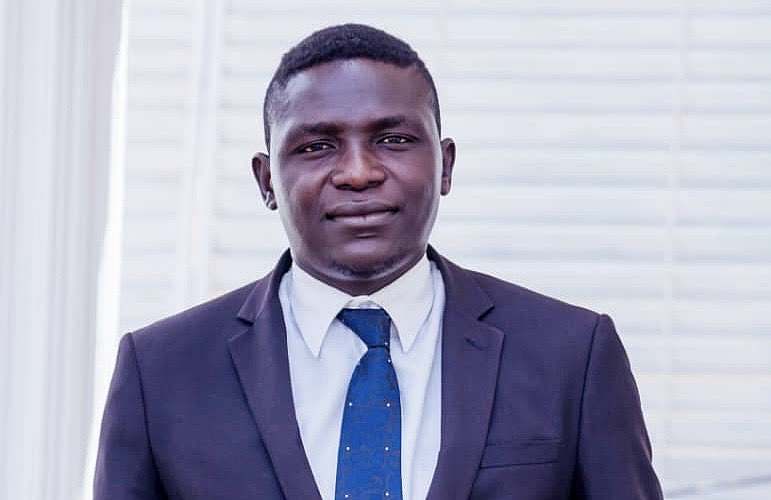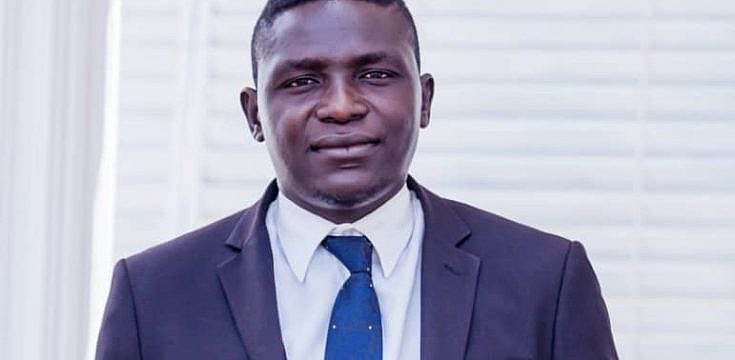•BY DANIEL BULUSSON, ESQ
Many lovers of American movies would have stumbled upon a court scene in a movie, where a judge turns to aset of citizens (12 to be precise) seated at a special chair, and asks “has the jury reached its verdict?” Then you see an elderly man/woman reply “we have, your honor,” before going on to deliver its verdict. This type of procedure where a panel of impartial citizens, known as jurors watch a trial, evaluates evidence tendered before, and reach a verdict is called a jury trial. In this kind of legal system, the judge only intervenes on applications that border on technicalities of the law beyond the understanding of the jurors who are mostly laymen (non-lawyers).
The United States of America is one country that has adopted the Jury System as a cornerstone of its justice system, while countries like United Kingdom, Canada, Wales, Belgium, Ireland, and Australia use the jury system only in serious criminal cases. It then begs the question, in these time, where the Judiciary and the Bar in Nigeria is at a point where many would describe as an all time low, with a fast deteriorating negative perception of the judiciary and its verdicts, has it not become expedient for the National Assembly to pass an Act to establish the Administration of Jury Trial and Services for Special Crimes, and Corruption Offenses? The school of thought who believes Nigeria is not ready for a Jury system will say that “a nation still being held captive by the unrelenting grip of corruption, and constantly plagued by political and economic instability has no business pursuing a jury system. As such, Nigeria cannot in any way achieve justice by conducting a trial using the jury system” Njoku. A. Chinwubem. Others in the same school of thought would say that layman jury could easily be influenced and take instructions from external knowledge which will in turn, defeat the purpose of an impartial eye in the dispensation of justice.
The school of thought who believes Nigeria is not ready for a Jury system will say that “a nation still being held captive by the unrelenting grip of corruption, and constantly plagued by political and economic instability has no business pursuing a jury system. As such, Nigeria cannot in any way achieve justice by conducting a trial using the jury system” Njoku. A. Chinwubem. Others in the same school of thought would say that layman jury could easily be influenced and take instructions from external knowledge which will in turn, defeat the purpose of an impartial eye in the dispensation of justice.
If you ask me, the criticism attached to the establishment of a jury system is not peculiar to Nigeria alone, but also applicable to the countries who have adopted same, only difference is that they devised a means to circumvent such challenges and came up with a particular jury system that suits their social and legal system, and today, their justice delivery system is fairer and more equitable than several other bench-trial only jurisdictions. We now cite them as examples on the subject, and with great admiration.
Starting with corruption, the Nigerian judiciary with its Bench trial system where one judge (or in the case of an appeal court, more than one justice) sits to hear a case, and listens to arguments from the prosecution and the defence has been ridiculed with bribery and corruption allegations, jokes, memes, and skits that the public now has a perception that not a few members of the bench have become partial and up for sale. As at the time of writing this article, I even stumbled upon a social media broadcastwhere one Prof. NiyiOsundareboldly lampoons and ridicules judges and National Judicial Council (NJC) in a poetry titled “My lord, tell me where to keep your bribe”.
On the issue that laymen are not intellectually sound to attain to judicial proceedings, in my opinion, it seems to be viewed from only one side of the coin. The flipside of the coin is that, the jury trial system will provide an opportunity for citizens to participate directly in the process of governing, as they get in touch with the practicability of provisions of Nigeria’s (criminal) laws and the Constitution. The jury system also educates jurors (laymen) as judicial officers (recognized by S.98C S.S3e of the Criminal Code Act) about the justice system, as people who serve on jury panels will have greater respect for the system after their jury service, in other words, the juror systemgives laymen insight into the justice system, and its operation to their communities, which will help incorrecting misrepresentations about what the processes and proceedings of the court are, improving public perception about the judiciary.
This would go a long way in disbursing the minds of Nigerians that the laws, courts and attainment of justice are the exclusive preserve of the learned (lawyers).
Currently there is a Bill for an Act to Establish the Administration of Jury Trial and Services for special Crimes, Corruption and other Offenses at the Lower chambers of the National Assembly. From the study of the Bill, the issue of corruption was prepared for using the whistle blowers policy. The Bill does not criminalize jurors for receiving bribe offers, and incentives on the condition that they report it and present the untampered evidence, to earn 5 to 10% of the bribe collected; while the jury service department uses the evidence to prosecute those that attempt such jury tampering.
On the other hand, accepting such offers without reporting it with evidence, or not reporting intimidation that occurs to theJury Service Department(JSD) and the Jury security Unit, would be treated as jury tampering, and the Juror shall be prosecuted for jury tampering.
On whether there ought to be a Constitutional amendment before the establishment of a jury system, it is my humble opinion that the courts are established by the Constitution, and the Constitution stipulates that once a judge of the High Court is present on the bench while the court is in session, it is duly composed. Jury trials shall not be conducted in a different court outside the High Courts already established by the Constitution. Furthermore, being only a different procedure of trial which still complies with the composition prescribed in S.258 of the Constitution, which the Chief Judge is empowered by S.259 to also regulate, the enactment of the Bill into an Act only becomes necessary for special proceedings involving specifically highlighted crimes in the Bill and the Criminal Code Act), and not all proceedings, it is a vivid to even our federal legislators that there is no constitutional barriers to cross once the Bill becomes an Act.
If considered, the Jury system seeks to reduce the pressure of verdict delivery on the specific cases on judges dockets and shall ameliorate the health conditions of our judges, since their roles in court proceedings would be limited to key technical applications made by counsels on both side, and not writing down every speck of a thing that happens during the pendency of trial from commencement to delivering judgment. This I am sure, will guarantee optimal productivity of our judges as they streamline their focus to issues that actually require their discernment and reasoning, thereby improving the intellectual content of Rulings.
At the end of the day, it is my belief that the fear of the unknown is what has hindered the transformation of our judicial system from a bench-only trial system to a quasi- bench and jury trial system.If we muster the courage to face it head on, we can redirect the effectiveness of our justice delivery to be fairer and more equitable.
Godspeed and God bless.
God Bless the Federal Republic of Nigeria.
Do send your comment(s), observation(s) and recommendation(s) to danielbulusson@gmail.comor send WhatsApp to 08098404127


